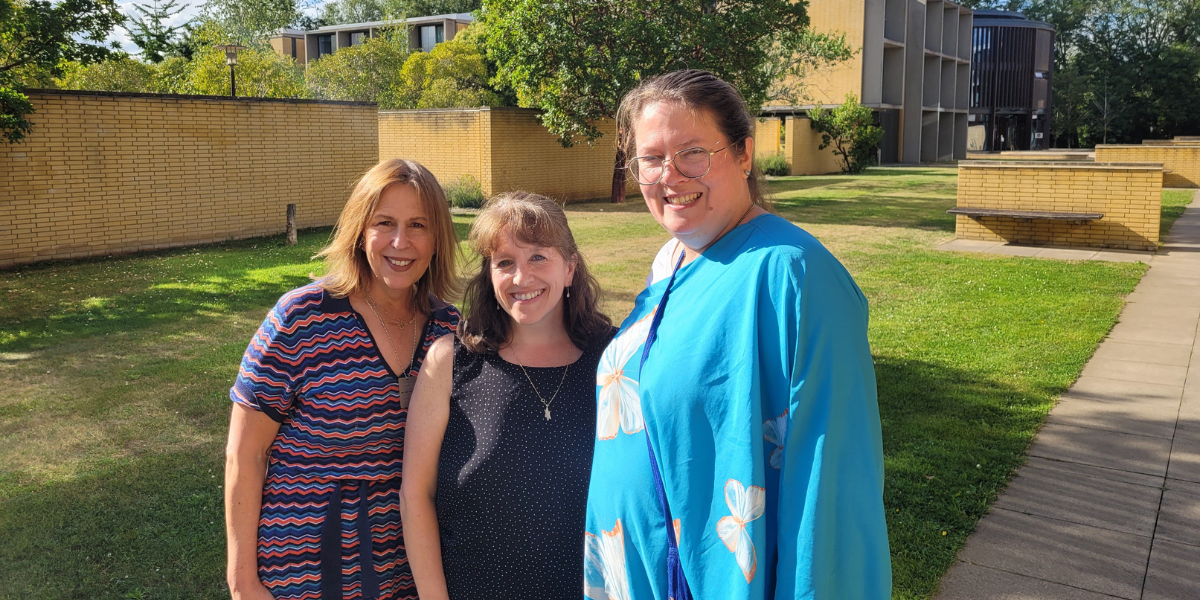Hadassah
Adapting Lessons Learned at Oxford for Hadassah Members

Considering the exponential growth in antisemitism following Hamas’s October 7 attack on Israel—and my new role as Hadassah’s director of education and advocacy resources—I was determined to participate in a conference this summer on combating antisemitism through curricula, organized by the Institute for the Study of Global Antisemitism & Policy (ISGAP).
When I was a graduate student pursuing two master’s degrees, much of my research and output had focused on antisemitism—including papers on online anti-Jewish hate and how the lack of clear definitions of Zionism and anti-Zionism can thwart productive conversation. Before flying to Oxford in July for the conference, I reread that academic work in preparation.
A Hadassah life member and former board member of Greater Atlanta Hadassah who is now focused squarely on Zionist and Jewish education, I saw my attendance at the nearly 40 lectures in Oxford as an opportunity to brainstorm engaging and interactive programs for members—and to learn. Natan Sharansky, the former Soviet dissident, Israeli politician and humans rights advocate who is today chairman of ISGAP, delivered a keynote speech to the 70-plus attendees on his “3-D” litmus test on when criticism of Israel is antisemitism: demonization, delegitimization and double standards.
I got to know several Hadassah members in Oxford, among them Melanie Hughes, a college librarian and archivist and one third of the presidium leadership for the Louisville, Ky., chapter, and Amy Cooper from New York City, who serves as ISGAP’s chief development officer.
During the conference’s final two days, I presented a plan to develop a series of standalone modules that will include facilitator scripts, pre-recorded videos, handouts and other material to empower Hadassah members to identify antisemitism, understand its implications, recognize its tropes, navigate complicated conversations about Israel and Zionism and advocate.
After returning from Oxford, I began working with Diana Diner, Hadassah’s Zionist educator, to implement the plan and to look for opportunities to incorporate some of the women honored by Hadassah as “18 Zionist Women You Should Know” into the programs.
Wendy Kalman










 Facebook
Facebook Instagram
Instagram Twitter
Twitter
Leave a Reply